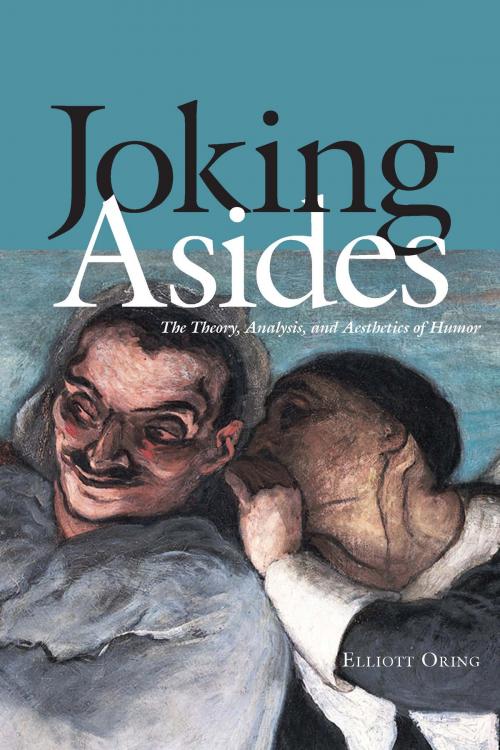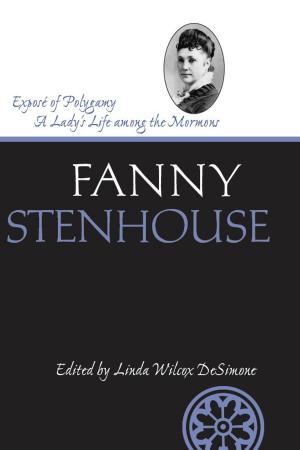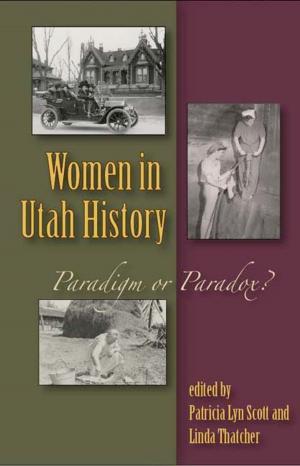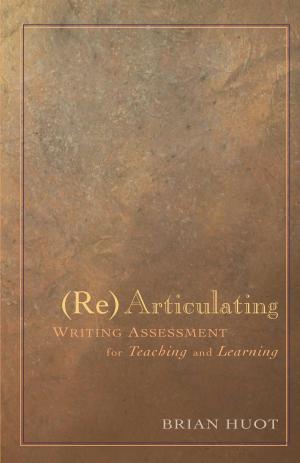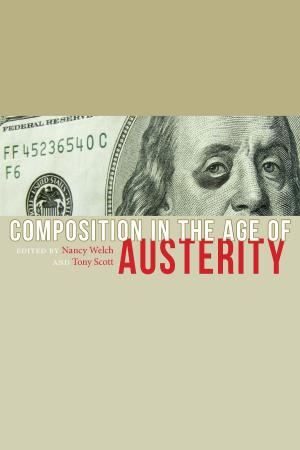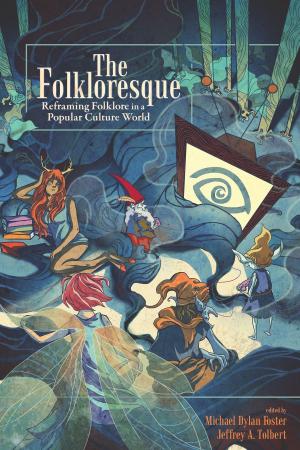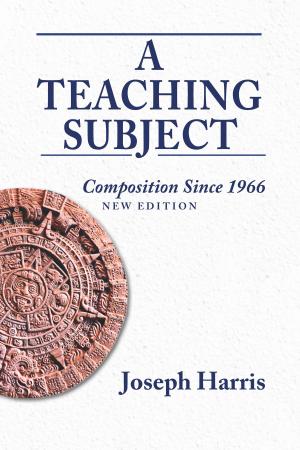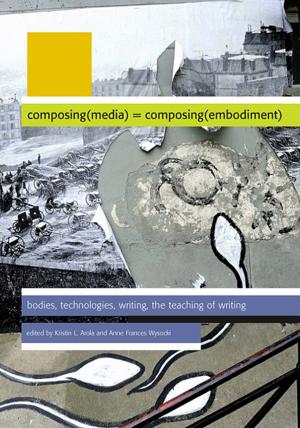Joking Asides
The Theory, Analysis, and Aesthetics of Humor
Nonfiction, Social & Cultural Studies, Social Science, Folklore & Mythology| Author: | Elliott Oring | ISBN: | 9781607324928 |
| Publisher: | Utah State University Press | Publication: | September 1, 2016 |
| Imprint: | Utah State University Press | Language: | English |
| Author: | Elliott Oring |
| ISBN: | 9781607324928 |
| Publisher: | Utah State University Press |
| Publication: | September 1, 2016 |
| Imprint: | Utah State University Press |
| Language: | English |
Nothing in the understanding of humor is as simple as it might seem. In Joking Asides, Elliott Oring confronts the problems of humor, analyzing the key contemporary approaches to its study and addressing controversial topics with new empirical data and insights.
A folklorist drawn to the study of humor, Oring developed his formulation of “appropriate incongruity” as a frame to understand what jokes must do to produce humor. He tests appropriate incongruity against other major positions in the field, including the general theory of verbal humor, conceptual integration theory, benign violation theory, and false-belief theory. Oring draws on the work of scholars from several disciplines—anthropology, folklore, philosophy, psychology, linguistics, and literature—to ask basic questions about the construction and evolution of jokes, untangle the matter of who the actual targets of a joke might be, and characterize the artistic qualities of jokes and joke performances.
Although Oring guides the reader through a forest of jokes and joke genres, this is not a joke book. A major work from a major scholar, Joking Asides is a rigorous exploration of theoretical approaches to jokes and their functions and is filled with disquieting questions, penetrating criticisms, and original observations. Written in a clear and accessible style, this book will prove valuable to any scholar or student who takes matters of jokes and joking seriously.
Nothing in the understanding of humor is as simple as it might seem. In Joking Asides, Elliott Oring confronts the problems of humor, analyzing the key contemporary approaches to its study and addressing controversial topics with new empirical data and insights.
A folklorist drawn to the study of humor, Oring developed his formulation of “appropriate incongruity” as a frame to understand what jokes must do to produce humor. He tests appropriate incongruity against other major positions in the field, including the general theory of verbal humor, conceptual integration theory, benign violation theory, and false-belief theory. Oring draws on the work of scholars from several disciplines—anthropology, folklore, philosophy, psychology, linguistics, and literature—to ask basic questions about the construction and evolution of jokes, untangle the matter of who the actual targets of a joke might be, and characterize the artistic qualities of jokes and joke performances.
Although Oring guides the reader through a forest of jokes and joke genres, this is not a joke book. A major work from a major scholar, Joking Asides is a rigorous exploration of theoretical approaches to jokes and their functions and is filled with disquieting questions, penetrating criticisms, and original observations. Written in a clear and accessible style, this book will prove valuable to any scholar or student who takes matters of jokes and joking seriously.
